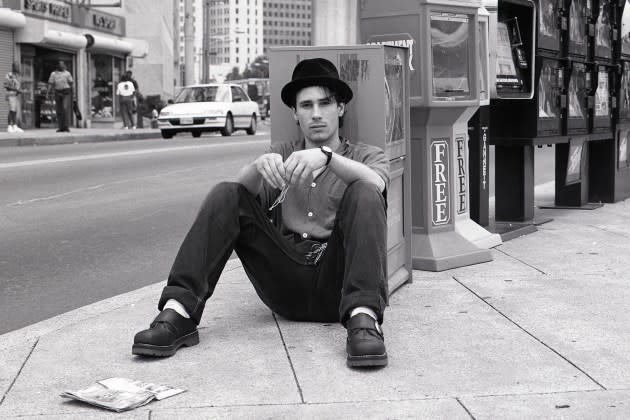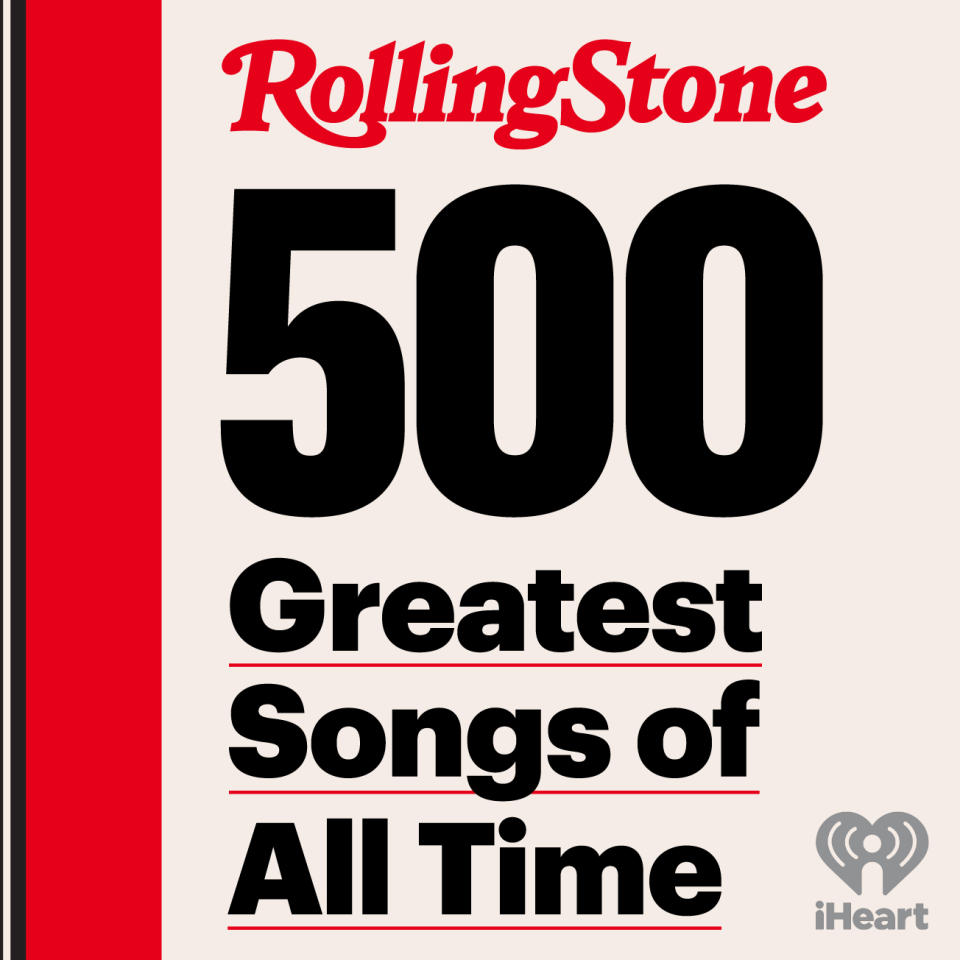30 Years Later, Jeff Buckley and ‘Grace’ Are More Popular Than Ever

When Jeff Buckley died in 1997, a young singer-songwriter’s promising career was cut much too short. He was just 30, and had been working on his second studio album at the time of his accidental drowning in a Tennessee river.
Buckley’s place in music was still unclear in the Nineties. He had made a name for himself performing in New York clubs, leading to a bidding war between major labels. But his debut, Grace, wasn’t an instant success upon its release in 1994; while Buckley’s emotional intensity won over many critics and listeners, it was a turn-off for others.
More from Rolling Stone
Why 'Mr. Brightside' Has Remained on the Charts for a Decade and Counting
How Beyoncé's 'Crazy In Love' Kickstarted Her Legendary Solo Career

In retrospect, Buckley had already showed enormous potential, not just as a songwriter but as an interpreter of others’ songs, including a heartbreaking cover of Leonard Cohen’s “Hallelujah,” which appears on the album. There was much more he was working to showcase on his second album, which ended up being released posthumously in unfinished form.
Few could have anticipated that three decades on, Buckley is more famous than ever. In the early 2000s, his cover of Cohen’s song became a platinum hit years after its release. And thanks to the internet, millennial and now Gen Z fans have emerged as a massive audience for Buckley’s music — including the title track from Grace, which has become a beloved classic in its own right. Buckley’s sweeping romanticism, mixed with the lore surrounding his passing, has made him a tragic hero of sorts, on par with Kurt Cobain, Elliott Smith, and River Phoenix.
On this week’s episode of Rolling Stone’s 500 Greatest Songs, hosts Brittany Spanos and Rob Sheffield break down Jeff Buckley’s “Grace” as well as his much-too-short career. The pair are joined by Rolling Stone senior writer David Browne, who penned Dream Brother: The Life and Music of Jeff and Tim Buckley, the 2001 biography of the singer and his biological father. Browne had been an early fan of the younger Buckley, having been one of the singer’s first interviews.
In 2004, Rolling Stone launched its 500 Greatest Songs of All Time list. Tabulated from a massive vote that had artists, industry figures, and critics weighing in, the list has been a source of conversation, inspiration, and controversy for two decades. It’s one of the most popular, influential, and argued-over features the magazine has ever done.
So we set out to make it even bigger, better, and fresher. In 2021, we completely overhauled our 500 Songs list, with a whole new batch of voters from all over the music map. Rolling Stone’s 500 Greatest Songs takes a closer look at the entries on our list. Made in partnership with iHeart, Rolling Stone’s 500 Greatest Songs finds Brittany and Rob discussing a new song each week, delving into its history and impact with the help of a special guest — including fellow RS colleagues, producers, and the artists themselves. It’s our celebration of the greatest songs ever made — and a breakdown of what makes them so great.
Check out the latest episode above, on iHeart, or wherever you get your podcasts, and look for new episodes every Wednesday.
Best of Rolling Stone
